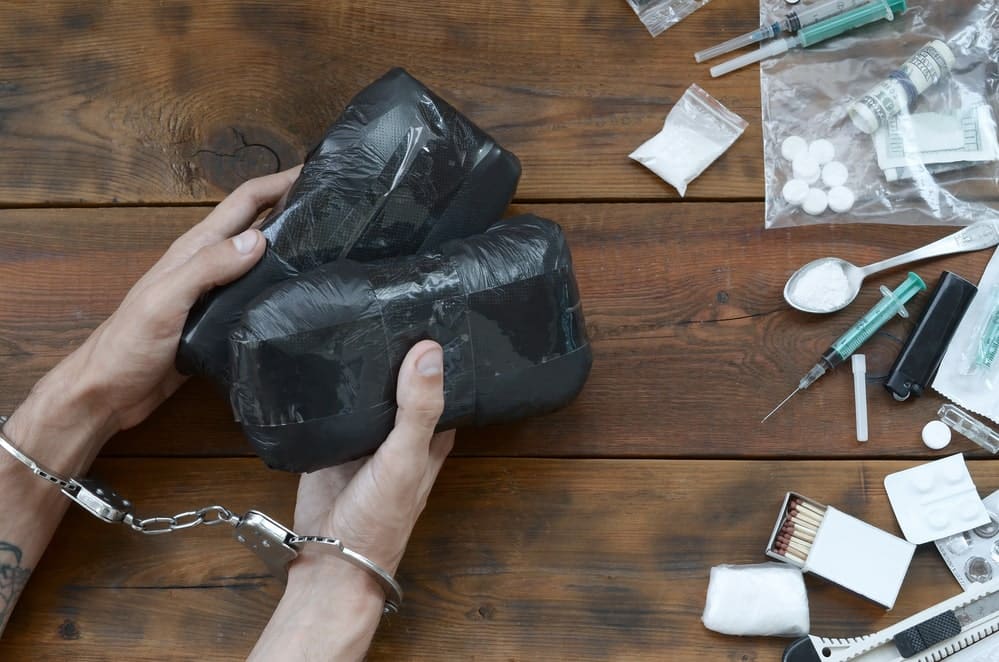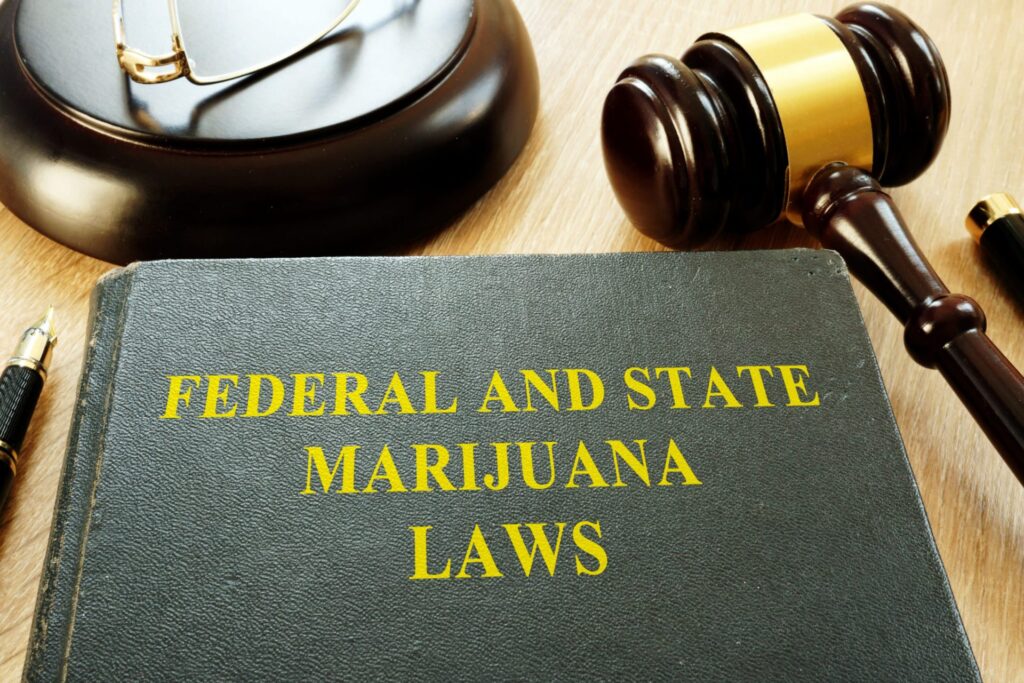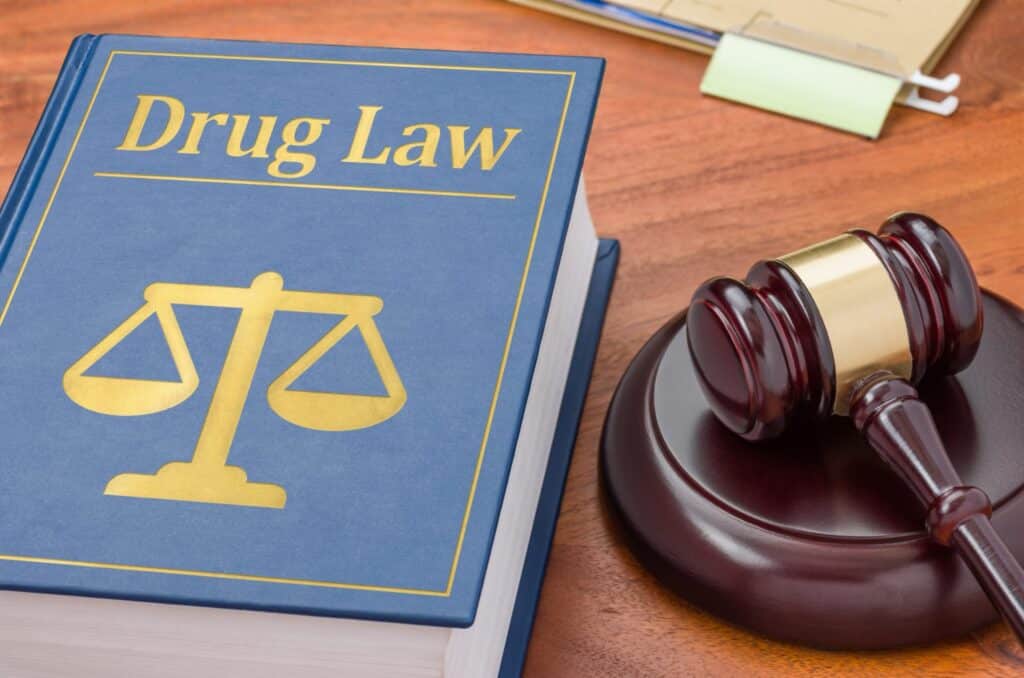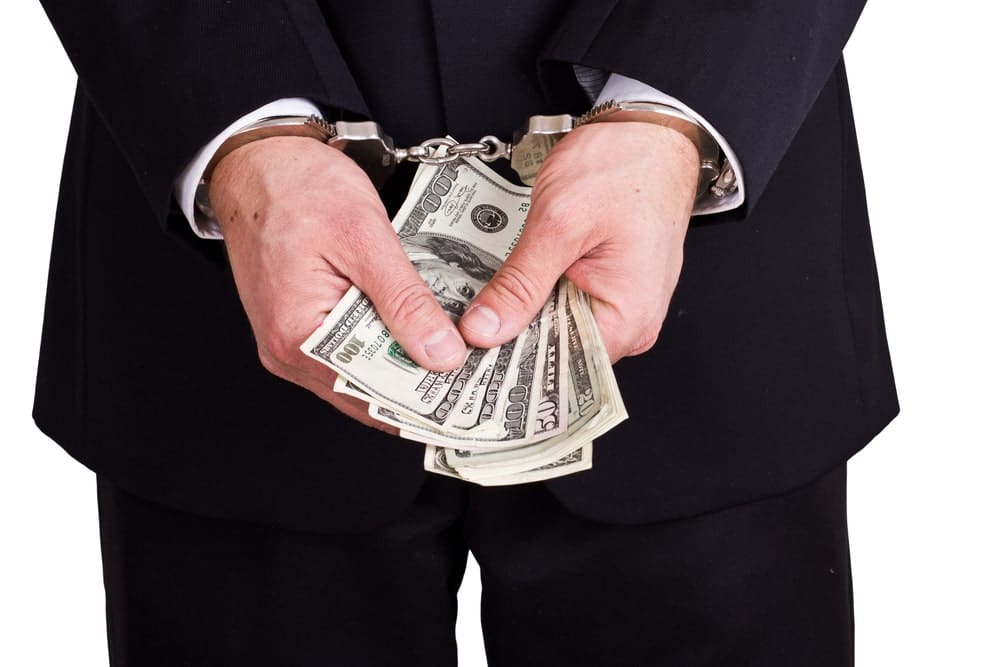When most people think of “white collar” crime, they tend to think of the numerous high profile examples, such as the Enron scandal, or the insider trading scandal involving Martha Stewart.
Although both of these things would certainly qualify, most white-collar crime is far less visible.
Essentially, a white-collar crime is a non-violent crime, and it usually involves deception for a specific purpose, usually involving theft of money from a company (like embezzlement), insider trading, or patented ideas.
Contrary to the popular imagination, white collar crime isn’t something perpetrated by social “elites,” and it doesn’t invariably involve millions of dollars being illegally transferred from point A to point B.
In most cases, white collar crime is much less interesting, but nonetheless punishable with serious consequences under the law.
Call 207-571-8146 or contact us online to schedule a consult with one of our highly skilled criminal defense attorneys today.
Table of Contents
Types of White Collar Crimes in Maine
The State of Maine has a fairly well-developed system for both classifying and punishing instances of white-collar crime. In this post, we will identify and discuss the many white-collar crimes here in Maine.
We discuss the general concepts of these crimes, rather than going over these crimes precisely as defined in the criminal code. We will also discuss some of the defenses for these crimes.
In a future post, we may return and discuss the classifications and possible punishments of these crimes.
Although white collar crime isn’t violent, it is still very serious, and the potential penalties can be quite harsh. Allegations of white-collar crime should be handled very carefully. If you need immediate assistance, or more information, contact the Maine Criminal Defense Group today by calling 207-571-8146.
Embezzlement
Embezzlement is essentially a more sophisticated form of theft. Ordinary theft occurs whenever a person takes a piece of property which doesn’t actually belong to him or her; in other words, it involves the physical possession of another person’s property. Embezzlement, by contrast, occurs when someone in a position of authority misappropriates or diverts company or customer funds for personal gain. The term “position of authority” is key here, because embezzlement occurs in a situation in which the embezzler has access to the property being stolen.
Let’s consider a common example: an accountant diverts a portion of funds from his or her client’s account to a personal account in the course of providing accounting services. This would be a classic example, because accountants are entrusted with the responsibility of managing accounts and often have access to client funds.
Another example would be a bank teller who deliberately transfers money from the bank itself to a personal account. This would fit the definition quite well, as the teller is in a position to access bank funds easily.
Tax Evasion
Tax evasion occurs when someone knowingly and willfully underreports income for the purpose of evading a tax burden. Or, evasion can also occur when someone falsifies information for the purpose of lowering taxes. As an example, if a person falsifies receipts in order to take a particular deduction, that would likely qualify as tax evasion. Tax evasion doesn’t only occur at the federal level, but at the state level too. Sales tax evasion, for instance, is common in cash heavy industries, such as the restaurant industry, in which the nature of business makes underreporting relatively easy.
In recent years, with advances in technology, more and more sophisticated forms of tax evasion have surfaced. For instance, some cash heavy businesses have used a device to delete transactions from their books in order to underreport sales and pocket sales tax money. In this scheme, the business installs a device onto a transaction register, and that device then sporadically deletes cash transactions to make them disappear.
The business then appears to have far less income then its books indicate. Numerous businesses have been caught using this sophisticated scheme in order to underreport sales and steal sales tax money.
Call 207-571-8146 or contact us online to schedule a consult with one of our highly skilled criminal defense attorneys today.
Money Laundering
Money laundering involves the illegal concealment of funds through a legitimate intermediary. Additionally, money laundering occurs whenever illegal funds are used to purchase goods or services in an otherwise legitimate business transaction.
A common example of the former variation occurs when money obtained from selling illicit drugs is channeled through a seemingly legitimate business. The legitimate business accepts the drug funds by putting those funds on its own books, thereby concealing the source of those funds. When the business’s financial statements are reported or published, those funds then appear to be completely legitimate.
Securities Fraud
Securities fraud can refer to multiple types of offensive behavior, but all types indicate fraudor deception in the transacting of securities. Perhaps the most well-known example is “insider trading,” which basically involves the use of non-public information for the purpose of guiding a person’s securities transactions.
If a stockbroker receives a tip from a business executive that the executive’s company will be launching a special product line at a particular date, and that information is confidential, the stockbroker can be guilty of insider trading by using this information to sell that company’s stock. Likewise, if a shareholder uses confidential information to sell stock in order to profit before a downturn, that can also lead to insider trading.
Counterfeiting
Counterfeiting refers to the recreation of a specific item with the goal of passing off the phony bills as authentic. Traditionally, the term “counterfeit” has been used in relation to the production of paper money, but counterfeiting to other types of schemes as well.
In the past, the punishment for counterfeiting was death – this was even written on money! Today, however, counterfeiting doesn’t carry such a harsh punishment, as we will discuss below.
Blackmail
The crime of blackmail occurs when a person demands something of value from another person (money or services) under threat of revealing a piece of information. If revealed, the information would cause financial, professional, or personal damage to the other person in the form of a diminished reputation in the community.
A common example would be a threat to reveal evidence of infidelity in exchange for money. Or, another example would be a demand that a person refrain from testifying in court under threat of revealing evidence of certain information. Blackmail doesn’t only involve an attempt to extract financial resources, but can also involve an attempt to produce certain actions from the other person.
Call 207-571-8146 or contact us online to schedule a consult with one of our highly skilled criminal defense attorneys today.
Forgery
The crime of forgery involves the intentional falsification of documents or items for personal gain. Personal gain doesn’t always mean the acquisition of money, but can take other forms, such as access to a certain area or event.
Typically, forgery occurs when someone falsifies a document, such as a passport or driver’s license, in order to gain access to a particular area or event. A forger might also falsify information in order to extract money from someone else. Forgery can also occur when someone falsifies a particular item – say, a piece of artwork – in order to deceive a buyer.
Identity Theft
The crime of identity theft occurs when someone acquires the identifying information of another person, without the other person’s consent, for the purpose of extracting financial resources, or for any other purpose.
A common example of identity theft is the use of deception to acquire a person’s identifying information (Social Security Number, driver’s license number, passport number, etc.) for the purpose of stealing tax refunds. This type of scheme shows up in various forms during tax season.
Bribery
The crime of bribery occurs whenever someone offers to exchange something of value to another person in order to get around or break a particular law. In other words, it is the offer to provide something of value in order to achieve an illegal aim. Bribery can take all sorts of specific forms. A common example would be an offer of money to a police officer for the purpose of avoiding a traffic ticket, or a minor offense.
If a Maine police officer pulls a person over for speeding, and the motorist offers the police officer $50 to overlook the speeding incident, then the motorist would almost certainly be guilty of bribery.
Bribery can also take other, more notorious forms. If a juror accepts money from a defendant in exchange for a particular vote, that would certainly be classified as bribery.
In an even more egregious example, if a judge accepts money from someone in order to produce a certain outcome, this would qualify too. Sadly, there have been instances of judges and other public officials accepting bribes in exchange for certain outcomes, but fortunately this type of offense is less and less common today.
Call 207-571-8146 or contact us online to schedule a consult with one of our highly skilled criminal defense attorneys today.
An Overview of Defenses for White Collar Crimes
Given the wide range of white-collar crimes, and the generally sophisticated nature of these crimes, readers shouldn’t be surprised to know that there are numerous possible defenses against white collar crime allegations.
The viability of any given defense strategy depends ultimately on the specifics of the allegation itself; as a general matter, however, certain defenses are more likely to be successful than others. Let’s look at a few of the possible defenses to white collar crime.
Entrapment
The specifics of entrapment are a bit complex from a legal standpoint, but the basic idea is that a person cannot be guided in the process of committing a crime such that the guidance is essential to the crime itself.
Another way of saying this is that the crime needs to be strictly voluntary, meaning that the person intended to commit the crime, and in certain cases entrapment may eliminate the voluntary nature of a crime.
Lack of Fraudulent Intent
This is perhaps the most commonly cited defense to white collar crime. The defendant can assert that he or she lacked the necessary intent to make the underlying action a criminal offense.
Consider an example: if an artist creates a piece of paper money which resembles genuine paper money, but is slightly different, this may be a case in which the artist lacked intent to counterfeit the money. Although someone might mistake the money as counterfeit, the artist was simply creating the slightly different version as a form of expression.
Call 207-571-8146 or contact us online to schedule a consult with one of our highly skilled criminal defense attorneys today.
Intoxication
Like the previous defense, the defense of intoxication relates to the issue of “mens rea,” or the mental state of the offender at the time of an alleged crime. Most crimes require that the offender have an intent to engage in the wrongdoing in order for a charge to be sustained.
If the alleged perpetrator were intoxicated at the time of the crime, then this might speak against the element of intent, and may therefore defeat the allegation.
Incapacity
Once again, like the two previous defenses, the defense of incapacity also relates to the element of intent in the context of white-collar crimes. Incapacity refers to numerous conditions which would render intent impossible, or sufficiently unlikely, and would therefore defeat an allegation.
For instance, if a minor, aged 7 or 8, attempted to “bribe” his or her teacher for a higher grade, this couldn’t be classified as a genuine example of bribery.
Contact the Maine Criminal Defense Group for More Information
The stories of white-collar crime might make for interesting programs on television and other media, but the truth is that these crimes are very serious. The State of Maine enforces its laws on white collar crime in an aggressive manner, and so offenders shouldn’t expect leniency when it comes to penalties.
Of course, the treatment of any given offense depends on the totality of the circumstances, including the offender’s local jurisdiction, but the key thing to know is that these crimes are viewed as serious transgressions.
If you need additional information, or immediate assistance from a qualified Maine white collar crime attorney, contact the Maine Criminal Defense Group today by calling 207-571-8146.
Call 207-571-8146 or contact us online to schedule a consult with one of our highly skilled criminal defense attorneys today.
Blog Posts

Any criminal charge for a drug-related offense is a serious matter in Maine,but how consequential the outcomes can get may depend on whether the charge is filed at the state[...]

Search and seizure rules are enshrined in the U.S. Constitution and are intended to discourage the government (and law enforcement officials) from overstepping their powers and invading people’s privacy. They[...]

Updated April 20th, 2023 When most people think of “drug crimes,” they automatically assume the worst types of drugs. Heroin. Cocaine. LSD. But the word “drugs” also includes lots of[...]

Maine Habitual Offender Revocation Laws Updated for 2022 You probably know that if the Maine Bureau of Motor Vehicles (BMV) sends you a notice that says you’re classified as a[...]

The State of Maine takes drunk driving and drugged driving (OUI) very seriously. Based on statistical and anecdotal evidence, there are many reasons to believe that driving under the influence[...]

In this post, we will survey Maine’s laws on the possession and trafficking of “scheduled drugs,” and then discuss the classification and possible punishments for drug related crimes. Drug crimes[...]

When people hear the term “drug trafficking,” they tend to think of organized crime. Many Hollywood films feature stories of drug cartels, or mafia drug trafficking involving millions of dollars[...]

A recent traffic stop in Maine bears a sharp resemblance to a traffic stop that the Supreme Court of the United States had decided was a violation of the Fourth[...]

One of the most polarized and confusing aspects of the American criminal justice system today has to do with marijuana. In the past 20 years alone, 28 states in the[...]

While policy decisions from the White House have been vague or difficult to follow, the new statement on the enforcement of federal drug laws is pretty clear: The Department of[...]


